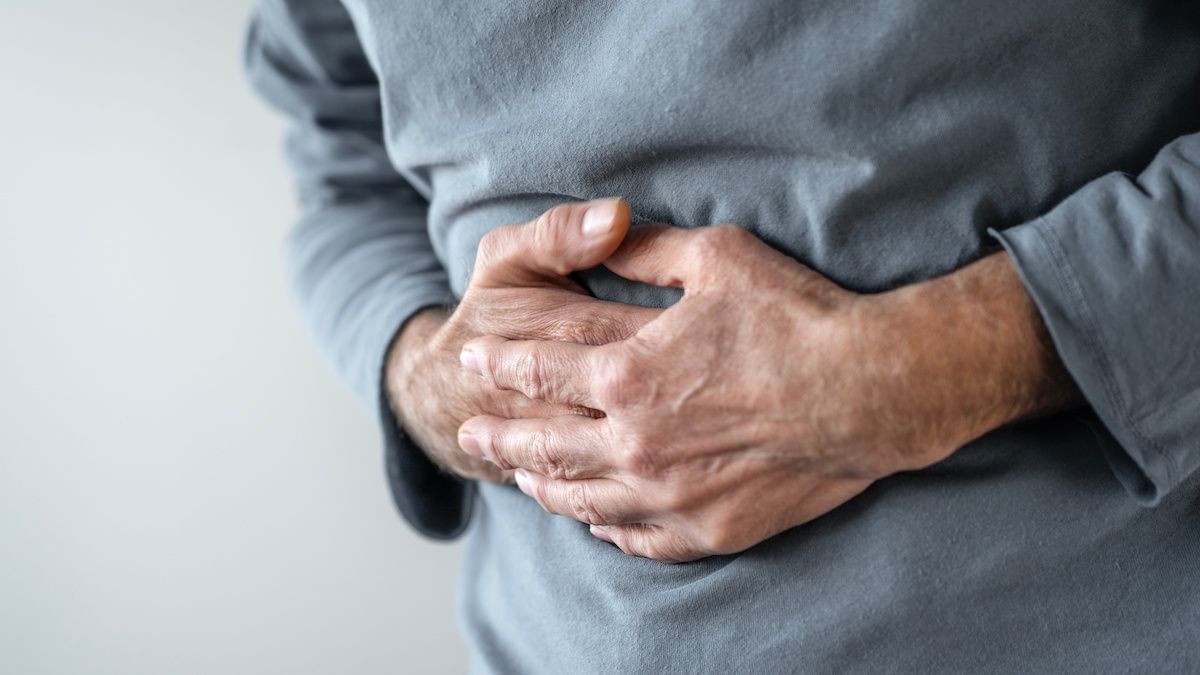It's estimated that about 30,300 new cases of stomach cancer will be diagnosed in the United States this year.
The good news is that the number of people who develop stomach cancer is significantly lower than it was in the early 1900s. Stomach cancer currently accounts for about four cases diagnosed per 100,000 individuals — an almost tenfold drop from 35 cases per 100,000 individuals in the 1930s. The reasons there are fewer cases in the U.S. today can likely be credited to improved refrigeration and food handling, with less need for salting and smoking foods to preserve them.
The risk of developing stomach cancer is far greater in other countries. Globally, stomach cancer is a major health concern. It is the fifth most common malignancy and third-leading cause of cancer-related death worldwide. Many Asian countries, including Korea, Japan and China, experience disproportionately high rates of stomach cancer, possibly due to high rates of infection with Helicobacter pylori — also known as H. pylori — and the increased consumption of salted and smoked foods.
There are few signs and symptoms of early-stage stomach cancer. The symptoms that do occur are nonspecific, making it more difficult to detect and diagnose. Patients with more advanced stomach cancer may experience poor appetite, weight loss, upper abdominal pain, fullness after eating a small meal, nausea and anemia.
Regardless of what country you live in, it’s important to follow up with your physician if you’re experiencing these symptoms. In addition to a diet heavy in salted and smoked foods, risk factors for stomach cancer include smoking and regular consumption of high-fat foods. Obesity is thought to be a risk factor as well.
Other stomach cancer risk factors
Find out what else might increase your risk for stomach cancer.
The medical community is working around the world to reduce environmental risk factors for stomach cancer, and also spreading awareness that many stomach cancers can be treated through a minimally invasive surgical approach.
Here at Roswell Park, we're also advancing the search for better medical treatments, exploring new drugs in stomach cancer that modulate the immune system as well as identifying agents that target the molecular abnormalities of this disease. Our physicians use advanced endoscopic, laparoscopic and robotic approaches for either partial or total gastrectomy, depending on the need. Furthermore, we offer surgical tumor debulking with intraperitoneal chemotherapy for eligible patients with advanced gastric cancer.
